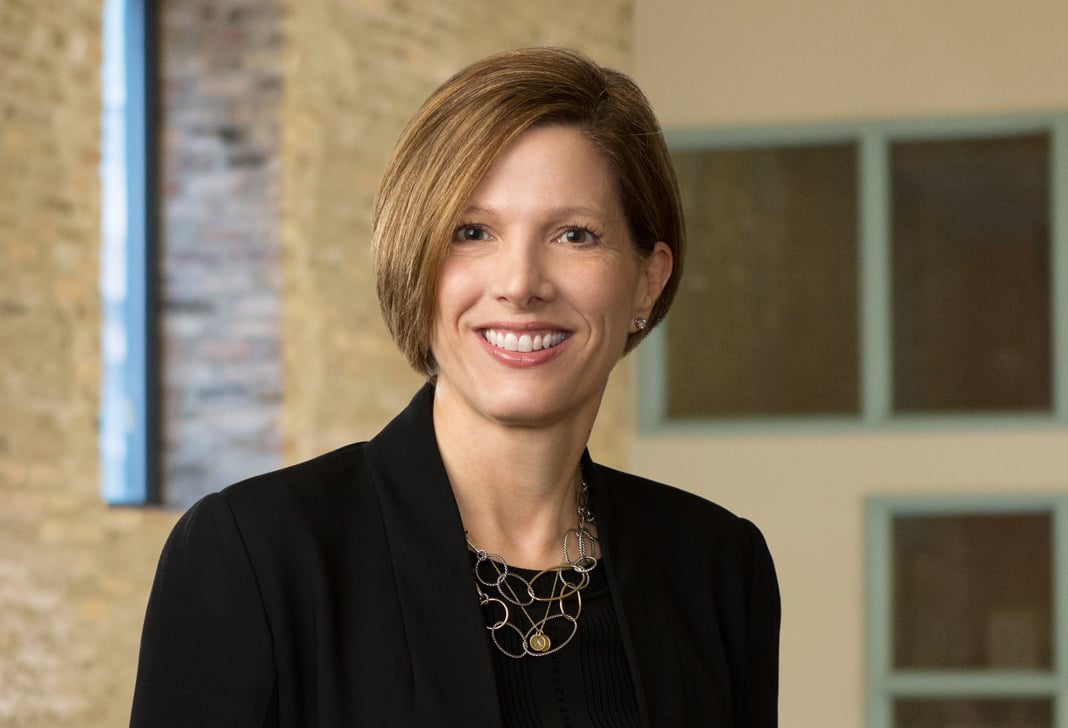
DOJ Announces $2.2 Billion in 2020 FCA Recoveries and Identifies 2021 Priorities
In Short
The Situation: The U.S. Department of Justice ("DOJ") published its annual report regarding False Claims Act ("FCA") recoveries for fiscal year 2020 (ending September 2020) and announced its priorities for 2021.
The Result: DOJ's 2020 FCA recoveries totaled more than $2.2 billion, a lower sum than in prior years. Despite the lower overall recoveries, health care fraud still represents the lion's share of FCA recoveries, encompassing cases relating to pharmaceuticals, providers, electronic health records ("EHR"), and opioids. COVID-related cases did not figure significantly in the 2020 FCA results. Nonetheless, FCA filings in 2020 were up substantially despite the global pandemic, closed courts, and the difficulties of remote work, with most of that increase coming from government-initiated cases.
Looking Ahead: Fiscal year 2021 is already looking like a notable year for DOJ FCA recoveries for two reasons: 4Q 2020 saw multibillion dollar opioid settlements. In addition, the number of new filings of FCA matters is at an all-time high, auguring substantial FCA activity in the coming year. In terms of priorities, DOJ has indicated that substantial investigative attention will be devoted to matters relating to COVID-related funds, the opioid "supply chain," Part C Medicare managed care, cybersecurity, and elder care. We also anticipate that substantial attention will be paid to telemedicine given the expansion of its use under COVID rules.
On January 14, 2021, DOJ announced that it recovered more than $2.2 billion from civil FCA settlements and judgments in fiscal year 2020. This sum represents the smallest annual recovery since 2008, and likely reflects COVID-related slowdowns. Notably, the FCA 2020 statistics do not include several significant opioid settlements that were finalized shortly after the September 30 close of DOJ's fiscal year. Consistent with past years, more than 80% of all recovered funds—approximately $1.8 billion—derived from health care and life sciences cases.
Key Areas of Enforcement
Anti-Kickback Statute: Speaker Programs and Copay Foundation Cases
The largest FCA recoveries in 2020 came from the pharmaceutical industry, including a $591 million federal FCA settlement (plus $38 million in asset forfeiture) with Novartis Pharmaceuticals Corporation to resolve government allegations of kickbacks paid to physicians through speaker programs. The settlement was accompanied by a novel corporate integrity agreement that largely curtails the company's speaker program.
DOJ continued to focus on "co-pay foundation" cases, involving allegedly improper funding of Medicare copayments or deductibles for prescription drugs. In 2020, these recoveries slowed, with DOJ resolving six matters against drug companies and foundations for a total of approximately $160 million. DOJ reported additional AKS recoveries in the areas of durable medical goods, laboratory referrals for pharmacogenetic testing, and inpatient referrals.
Opioid and EHR-Related Matters
DOJ's focus on opioid- and EHR-related conduct continued, reaching a $145 million settlement with Practice Fusion, an EHR developer that allegedly accepted payments from drug manufacturers to design its EHR software to influence physician prescription patterns. DOJ also recovered more than $200 million from other matters involving the opioid "ecosystem," e.g., pain management practices, labs, and behavioral health providers. These recoveries do not account for billion-dollar opioid settlements that were finalized shortly after the close of the 2020 fiscal year.
2020 COVID-Related Civil Cases and Other Matters
The bulk of COVID-related resolutions have been criminal matters relating to the Paycheck Protection Program, Economic Injury Disaster Loans, criminal healthcare, securities and consumer protection fraud. There have also been numerous civil enforcement actions seeking to enjoin COVID scams related to PPE or the sale and marketing of unapproved/fake treatments and vaccines for COVID. These civil actions have largely been brought under injunctive provisions of the FDCA, the FTC Act, and the federal criminal healthcare fraud statute. DOJ officials suggested throughout 2020 that the False Claims Act was being brought to bear on COVID-related misconduct, though much of this appears to be behind the scenes and may bear visible results in 2021.
Consistent with its focus on quality of care for the elderly, DOJ also resolved a handful of FCA cases in the skilled nursing area for approximately $50 million. DOJ expended substantial resources in the area of telemedicine, though generally in the criminal arena, announcing national "takedowns" involving telemedicine networks that facilitated the prescribing of such items as durable medical goods and high-priced/compound drugs—both areas of traditional DOJ focus.
While not generating substantial recoveries in 2020, DOJ continued to develop FCA cases relating to Medicare Part C risk adjustment factors, which dictate Medicare payments for managed care beneficiaries. "Individual accountability" continued to be a theme, with DOJ resolving a number of multi-million dollar FCA settlements with physicians.
Comparison to Prior Years
DOJ's overall FCA recoveries of $2.2 billion, with $1.9 billion attributed to health care fraud, is down from $2.6 billion attributed to just health care in FY 2019. Notably, the categories of enforcement remained consistent year over year, e.g., opioids, AKS matters in the pharmaceutical sector and beyond, electronic health records, and elder care.
Also noteworthy is the increase of newly filed matters. Of 922 cases filed in FY20, 250 were filed by the government—up from 148 in FY19, and reflecting a 25-year high in the number of government-initiated (versus relator-initiated) cases.
Areas of Future DOJ Emphasis
In December 2020, Assistant Attorney General Michael D. Granston previewed DOJ FCA enforcement priorities for 2021, highlighting a focus on COVID-related fraud and private equity's role in any misconduct. In terms of health care, AAG Granston emphasized ongoing interest in opioids, the opioid "supply chain," Medicare Part C, elder care, EHR, and cybersecurity. In addition, telemedicine may garner civil focus due to the COVID-related telemedicine waivers on the federal and state levels and the resulting expansion of federal reimbursement for telemedicine services. Given the 4Q20 billion-dollar opioid settlements, trillions in COVID funding, and the increase in government-initiated FCA filings in 2020, we anticipate that 2021 will see a substantial increase in FCA recoveries and overall FCA investigative activity.
Three Key Takeaways
- DOJ's announcement of FCA fiscal year 2020 statistics, while lower than in prior years, demonstrates a continued emphasis on health care fraud, accounting for more than 80% of all recovered funds.
- Published DOJ statistics indicate a shift toward government-initiated cases, actions that do not originate with private whistleblowers.
- While the 2020 categories of enforcement remained roughly consistent with prior years, DOJ has signaled a focus on fraud related to opioids, EHR, cybersecurity, and misuse of COVID-19 relief funds moving forward. Given the federal waivers regarding use of telemedicine and expanded federal reimbursement, telemedicine is likely to figure into 2021 FCA enforcement as well.






